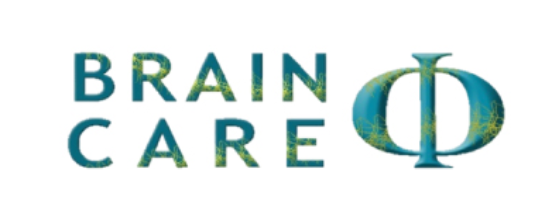
Neurofeedback for Depression
Neurofeedback offers a safe and non-invasive alternative to relieving depression with lasting results. So what does a brain with depression look like? What is neurofeedback? How can it help with depression?

Depression: What it looks like.
Depression affects everyone differently, and it may manifest in changes in behaviour, thoughts, feelings and physical symptoms. There are many causes for depression, but there are many treatments available too. Psychotherapy may help.

What is Functional Neurological Disorder?
Functional Neurological Disorder (FND) is a condition characterised by a wide variety of neurological symptoms without the presence of structural or organic abnormalities in the brain or nervous system.

A battle of mind over injury
Dick now actively engages in conversations, makes eye contact and often even initiates conversation. He is empowered and comfortable making decisions on a daily basis. His journey is ongoing.

Healthy brains, healthy lives.
With a motto of ‘train your brain, change your life’, Brain Care was established more than 20 years ago by a senior psychologist and former president of the Australian and New Zealand Association of Neurologists (ANZAN).

Training brains, changing lives.
A golden pyramid-like object is pulsating on the screen in front of David Ackerman as he sits in the Brain Care therapy room, tiny sensors attached to his scalp.
